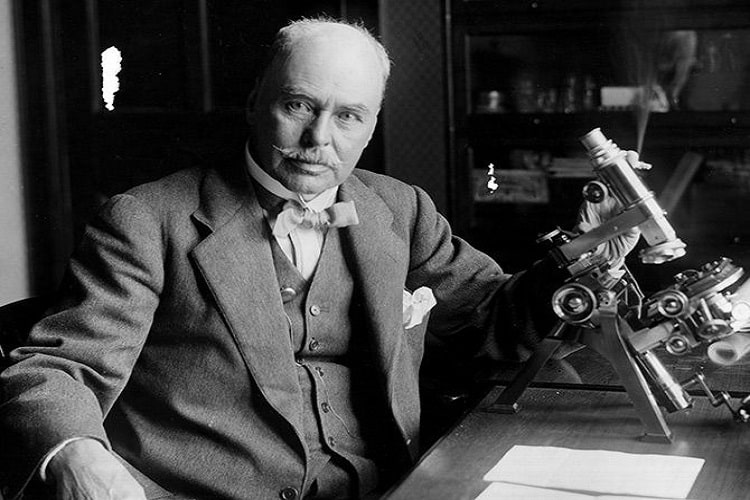Ronald Ross: A Trailblazer in the Fight Against Malaria

Ronald Ross (13 May 1857 – 16 September 1932) was a British medical doctor. In 1902, Ronald Ross was awarded the Nobel Prize in Physiology or Medicine.
Life and Career
Ronald Ross was born on 13 May 1857, in Almora, India. Ross attended St. Bartholomew’s Hospital Medical College, where he completed his medical studies and eventually earned his medical degree. He also had a strong interest in mathematics and pursued studies in the field.
Ross’s most significant career achievement was his groundbreaking work on the transmission of malaria. In 1897, while working as a British Army surgeon in India, he made a crucial discovery: he found that the Anopheles mosquito was responsible for transmitting the malaria parasite from infected individuals to healthy ones. This discovery revolutionized our understanding of the disease and paved the way for malaria control efforts.
Ross continued his research on malaria and made additional contributions to understanding the life cycle of the parasite within the mosquito vector. His work laid the foundation for the development of strategies to combat malaria.
Ross held various positions throughout his career, including serving as a lecturer at the Liverpool School of Tropical Medicine and later as a professor at the University of Liverpool. He also conducted research on other tropical diseases. Ronald Ross passed away on 16 September 1932, in Putney, London, England.
Award and Legacy
Ronald Ross was awarded the Nobel Prize in Physiology or Medicine in 1902 for his discovery of the transmission of malaria through the mosquito vector. He was the first British Nobel laureate in medicine.
Ronald Ross’s work had a profound and lasting impact on the field of medicine and public health. His discovery of the role of mosquitoes in transmitting malaria paved the way for the development of malaria control measures, including the use of insecticides and the development of antimalarial drugs.
His research also contributed to the understanding of other mosquito-borne diseases and the development of strategies to control them.
Ross’s legacy extends beyond his scientific contributions. He played a crucial role in raising awareness about the importance of tropical medicine and the need for research and intervention in tropical diseases.
Observer Voice is the one stop site for National, International news, Sports, Editor’s Choice, Art/culture contents, Quotes and much more. We also cover historical contents. Historical contents includes World History, Indian History, and what happened today. The website also covers Entertainment across the India and World.
Follow Us on Twitter, Instagram, Facebook, & LinkedIn

